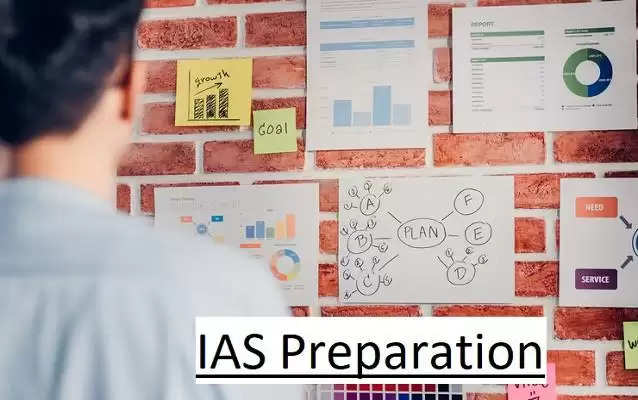What is the Age Limit for IAS Exams for Females?

If you are interested in becoming an IAS officer, you are likely aware of the challenges associated with this goal. With a large number of candidates appearing for the exam, the competition can seem daunting. However, in recent years, efforts have been made to address gender discrimination by providing reservations for female candidates.
In this article, we will discuss the age limits for female candidates appearing in the IAS exam and the maximum age allowed for the entrance exam.
Age Limits:
The age limits for female candidates differ based on their category. For general female candidates, they must be at least 21 years old by August 1 of the examination year and not exceed 32 years of age. OBC female candidates have an upper age limit of 35 years, while SC/ST female candidates can apply until they reach 37 years of age.
Physically Disabled Candidates:
For physically disabled candidates, there is an age relaxation of 10 years. However, it's important to note that the term "physically retarded female" is not used. Instead, the term "physically disabled" is more appropriate. Physically challenged female candidates must be at least 21 years old by August 1 of the examination year and should not exceed 42 years of age.
Exam Attempts:
The age restrictions also include limitations on the number of attempts for the exam. It's crucial for every candidate to keep this information in mind while preparing for the exam.
General female candidates have a maximum of 6 attempts, while OBC female candidates have 9 attempts. On the other hand, SC/ST female candidates have unlimited attempts until they reach the age limit. Physically challenged female candidates have different age relaxations based on their caste. General and OBC physically challenged female candidates get 9 years of relaxation, while SC/ST physically challenged female candidates have unlimited attempts until the age limit.
Physically Disabled Eligibility:
To help physically disabled candidates, the UPSC has created reservations that provide relaxation in age limit, number of attempts, and vacancies. However, there are certain eligibility requirements to avail of these reservations. Candidates must have a minimum of 40% disability and submit a disability certificate issued by a government medical board before applying for the UPSC prelims exam. After the examination, selected candidates will undergo a disability examination conducted by the Central Standing Medical Board to confirm their disability.
UPSC Preparation:

Once the age limits for female candidates in the UPSC exam are understood, candidates can start preparing for the exam. The civil service exam is known to be one of the toughest exams in India with a low pass percentage. It requires dedication and hard work to achieve desired ranks and posts. Here are a few tips to help with the preparation process:
1. NCERT Preparation: NCERT books are essential for UPSC exam preparation. These government-sourced books cover the basic requirements and many questions in the exam are based on them. Creating notes from these books can be helpful for revision.
2. Notes for Exam: Creating notes boosts preparation and confidence. Comprehensive notes allow for quicker revision, and important points can be easily grasped without having to read the entire chapter repeatedly. Creative notes can also help maintain motivation.
3. Reading Preparation: Reading books for the exam can be challenging and tiring. However, it is crucial to push through and persevere. Students should read the books at least once and use their created notes for revision. Specialized books and guides can supplement NCERT books if used efficiently.
In conclusion, the IAS age limit for female candidates is generally the same as for male candidates. Reservations in the UPSC are based on caste and disabilities, rather than gender. These reservations provide increased attempts, age relaxation, and selection benefits. However, there are variations within these reservations. Physically disabled candidates receive maximum age relaxation, whileOBC candidates' reservation depends on their economic status. It is important to note that the reservation system aims to promote inclusivity and equal opportunities for all candidates.
In summary, the age limits for female candidates in the IAS exam vary based on category, with different age relaxations for physically disabled candidates. The number of attempts is also restricted, with variations based on category and disability. Candidates must meet specific eligibility criteria to avail reservations, such as a minimum disability percentage and submission of a disability certificate.
To prepare for the UPSC exam, candidates should focus on studying NCERT books, creating comprehensive notes, and developing effective reading strategies. Hard work, dedication, and perseverance are essential for success in this highly competitive examination.
Remember, becoming an IAS officer requires not only fulfilling the age and eligibility criteria but also possessing the necessary knowledge, skills, and aptitude. With determination and proper preparation, you can overcome the challenges and pursue your dream of serving the nation as an IAS officer.



